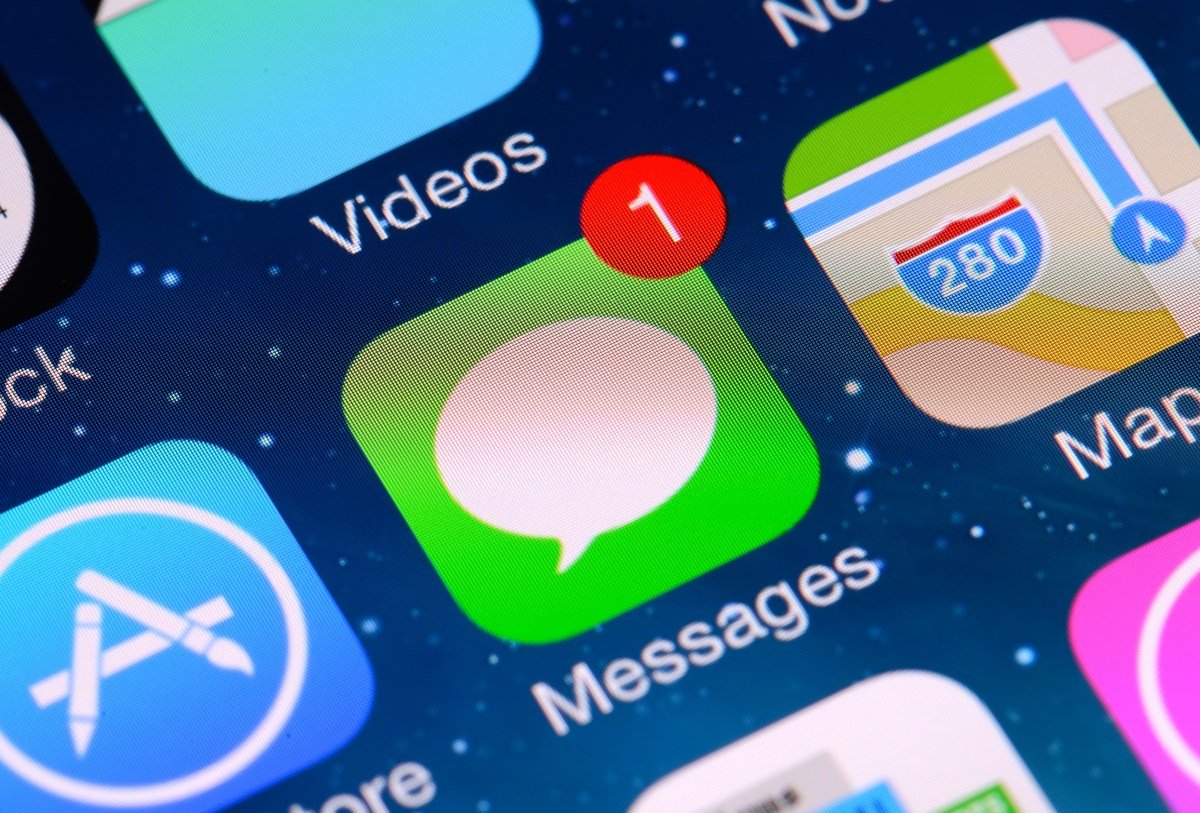The United States Department of Justice has taken aim at global tech giant Apple and filed a groundbreaking antitrust lawsuit today. The lawsuit delves into various practices that are deemed to be anticompetitive, but one particular area has caught the attention of many – the infamous “green bubbles” versus “blue bubbles” debate.
When an iPhone user messages another iPhone user, the communication utilizes Apple’s iMessage protocol by default. This protocol offers numerous advantages such as end-to-end encryption (although iCloud backups are not encrypted by default), read receipts, typing indicators, and high-quality media sharing.
However, if an iPhone user messages an Android user (or vice versa), the devices revert to using the older and less secure SMS protocol. The messages in this case appear in “green bubbles.” The DOJ noted in its lawsuit that this division between the two types of messages can have a powerful effect on certain demographics, particularly teenagers. The survey revealed that the iPhone had a staggering 85% share within this age group.
The issue becomes even more problematic when it comes to group chats. For instance, if everyone in a family owns an iPhone, they can easily create a group chat using iMessage. However, if one decides to switch to an Android or other non-Apple device, they are faced with the choice of either sticking with an iPhone or convincing their entire family to switch to a group chat-friendly messaging app such as WhatsApp, Messenger, Telegram, or Signal. This is because iMessage is exclusive to Apple devices.
“This effect is particularly powerful for certain demographics, like teenagers — where the iPhone’s share is 85 percent, according to one survey,” the DOJ wrote in its lawsuit.
In a 2013 email quoted in the lawsuit, Apple’s SVP of Software Engineering Craig Federighi expressed that bringing iMessage to Android would simply be a stepping stone to retaining iPhone users within their ecosystem. Another email from former SVP of Worldwide Marketing Phil Schiller echoed this sentiment, stating that bringing iMessage to Android could potentially harm the company.
But the DOJ also alleges that Apple is treating third-party messaging apps as second-class citizens. According to the lawsuit, “Apple makes third-party messaging apps on the iPhone worse generally and relative to Apple Messages, Apple’s own messaging app.” One specific example is that users are unable to set another app as the default for sending and receiving SMS messages.
“As a result, third-party messaging apps cannot combine the ‘text to anyone’ functionality of SMS with the advanced features of OTT messaging… By contrast, if an Apple Messages user wants to send somebody a message, they just type their phone number into the ‘To:’ field and send the message because Apple Messages incorporates SMS and OTT messaging,” the DOJ stated.
Some may argue that the recently introduced RCS protocol was designed to address these issues and elevate SMS messaging. However, Apple has been reluctant to support RCS, citing concerns over end-to-end encryption. The DOJ notes that RCS is meant to replace SMS, not iMessage. Additionally, Apple recently announced its intention to add RCS support, but this is only due to its mandatory implementation in China.
As demonstrated by popular messaging apps such as WhatsApp and Signal, cross-platform end-to-end encryption is achievable on a large scale. In fact, WhatsApp plans to become interoperable with other messaging services in the EU due to the Digital Markets Act. By leveraging the Signal protocol, WhatsApp can continue to offer end-to-end encryption while providing seamless communication with other messaging platforms.
It may seem curious that the “green bubbles” versus “blue bubbles” debate is at the forefront of the DOJ’s antitrust lawsuit against Apple, despite there being more pressing and substantial issues at hand. However, this, coupled with the ongoing regulatory scrutiny from the DMA in Europe, is a clear indication that Apple’s ecosystem has drawn the attention of authorities worldwide.
For more information on the antitrust lawsuit against Apple, please refer to the following resources:








